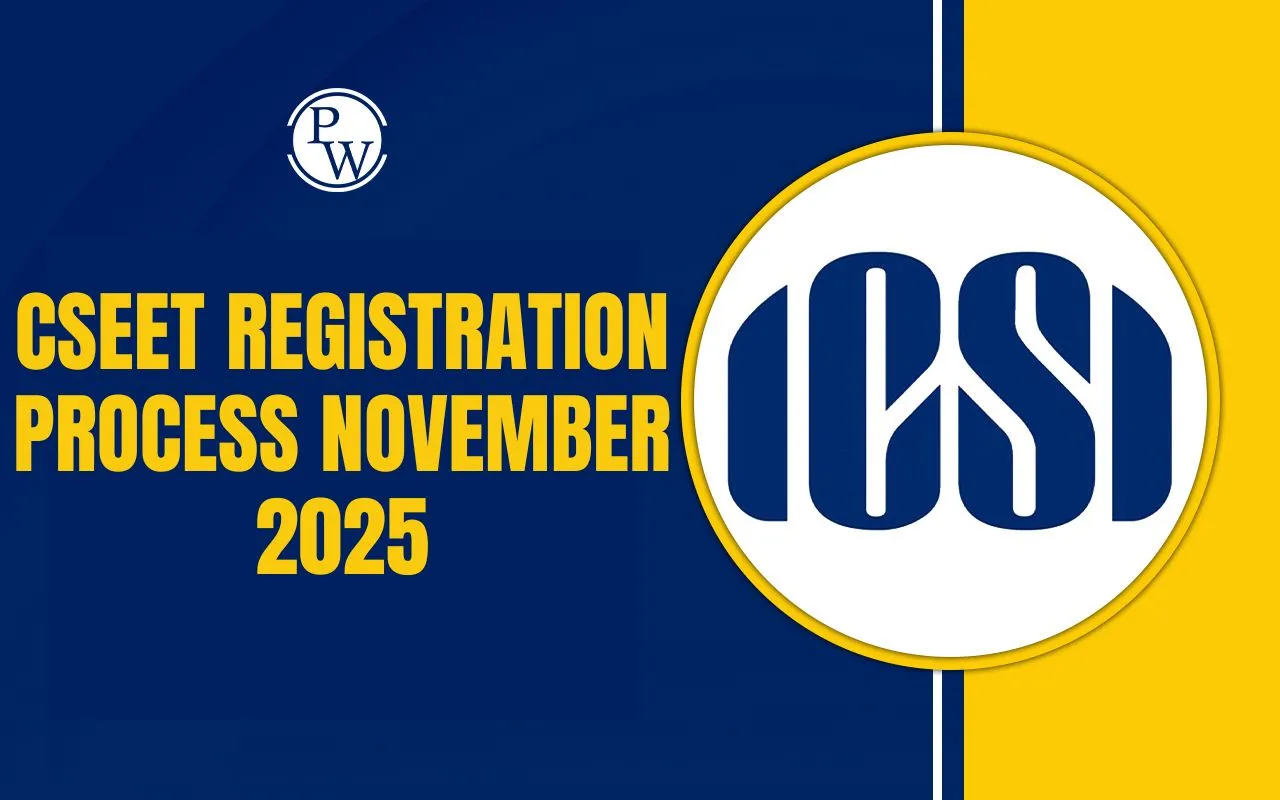
GST Compliance Framework for Companies is a structured approach to ensure businesses adhere to the Goods and Services Tax (GST) regime regulations. With GST being a critical part of India's indirect tax system, companies must implement a robust GST Compliance Framework to avoid penalties, legal issues, and financial losses.
This article explores the key components, benefits, and best practices of the GST Compliance Framework for Companies, helping businesses streamline their tax processes and maintain regulatory compliance.
What is the GST Compliance Framework for Companies?
The GST Compliance Framework for Companies refers to a systematic process that ensures businesses meet all GST-related legal obligations, including timely filings, accurate record-keeping, and proper invoicing. It involves:
Registration and Documentation: Ensuring proper GST registration and maintaining necessary documents.
Invoice Compliance: Generating GST-compliant invoices with correct tax rates and HSN/SAC codes.
Filing Returns: Submitting GSTR-1, GSTR-3B, and annual returns on time.
Reconciliation: Matching purchase and sales data with supplier and buyer records.
Audit and Assessment: Preparing for GST audits and responding to tax authority queries.
A well-structured GST Compliance Framework for Companies minimizes errors, reduces tax liabilities, and enhances operational efficiency.
Key Components of the GST Compliance Framework for Companies
A strong compliance strategy consists of multiple elements. Here’s a breakdown of the essential components in the GST Compliance Framework for Companies.
1. GST Registration and Cancellation
Every company exceeding the prescribed turnover threshold must register under GST. The GST Compliance Framework for Companies mandates proper registration, amendments (if required), and timely cancellation if the business ceases operations.
2. Accurate Invoicing
GST invoices must include:
- Supplier and recipient details
- GSTIN of both parties
- HSN/SAC codes
- Tax rates and amounts
- Place of supply
Non-compliance can lead to rejected input tax credits (ITC) and penalties.
3. Timely Return Filing
Companies must file monthly, quarterly, or annual returns based on turnover. Key returns include:
- GSTR-1 (Outward supplies)
- GSTR-3B (Summary return)
- GSTR-9 (Annual return)
- GSTR-9C (Reconciliation statement)
A strong GST Compliance Framework for Companies ensures no delays or discrepancies in filings.
4. Input Tax Credit (ITC) Management
Companies must verify supplier invoices and match them with GSTR-2A/2B to claim ITC. The GST Compliance Framework for Companies helps track eligible and ineligible credits, preventing revenue loss.
5. GST Audit and Assessment
Businesses with turnover above ₹5 crore must undergo a GST audit. The framework ensures:
- Proper maintenance of books
- Reconciliation of financial statements with GST returns
- Compliance with audit requirements
6. E-Way Bill Compliance
For goods worth over ₹50,000, companies must generate e-way bills. The GST Compliance Framework for Companies integrates e-way bill systems to avoid transit delays and penalties.
7. Handling GST Notices and Disputes
Tax authorities may issue notices for mismatches or non-compliance. A structured GST Compliance Framework for Companies helps respond effectively with proper documentation.
Benefits of Implementing a GST Compliance Framework for Companies
Why should businesses adopt this framework? The GST Compliance Framework for Companies offers financial, operational, and legal advantages.
Avoids Penalties: Non-compliance can attract heavy fines and legal actions.
Improves Cash Flow: Proper ITC claims enhance working capital.
Enhances Business Reputation: Compliance builds trust with authorities and stakeholders.
Reduces Audit Risks: Organized records minimize scrutiny during audits.
Streamlines Operations: Automated compliance processes save time and resources.
Best Practices for Maintaining GST Compliance
Proactive measures ensure long-term compliance. Follow these best practices within the GST Compliance Framework for Companies.
1. Automate GST Processes
Using GST compliance software reduces manual errors and ensures timely filings.
2. Regular Reconciliation
Matching purchase registers with GSTR-2A/2B prevents ITC mismatches.
3. Training and Awareness
Educating finance teams on GST updates ensures compliance with changing laws.
4. Periodic Internal Audits
Conducting internal checks helps identify and rectify discrepancies early.
5. Engage GST Experts
Consulting tax professionals ensures adherence to complex GST provisions.
Challenges in GST Compliance and Solutions
Businesses face hurdles in compliance. Here’s how the GST Compliance Framework for Companies addresses common challenges.
| Challenges in GST Compliance with Solutions | |
| Challenge | Solution |
| Frequent GST law changes | Regular training & updates |
| ITC mismatches | Automated reconciliation tools |
| Late return filings | Compliance reminders & alerts |
| E-way bill generation issues | Integrated logistics software |
A well-designed GST Compliance Framework for Companies addresses these challenges effectively.
The GST Compliance Framework for Companies is essential for seamless tax adherence, minimizing risks, and optimizing financial efficiency. Businesses can stay compliant and avoid penalties by implementing a structured approach, covering registration, invoicing, return filing, ITC management, and audits.
Adopting technology, regular training, and expert guidance strengthens the GST Compliance Framework for Companies, ensuring long-term success in the GST regime.
Join PW CS Online Courses and build a strong foundation in corporate laws and governance with structured learning and dedicated support.
GST Compliance Framework FAQs
What is the importance of a GST Compliance Framework for Companies?
What are the key components of a GST Compliance Framework for Companies?
How does a GST Compliance Framework help with Input Tax Credit (ITC)?
What are the penalties for non-compliance with GST regulations?
Can automation improve GST compliance for companies?










